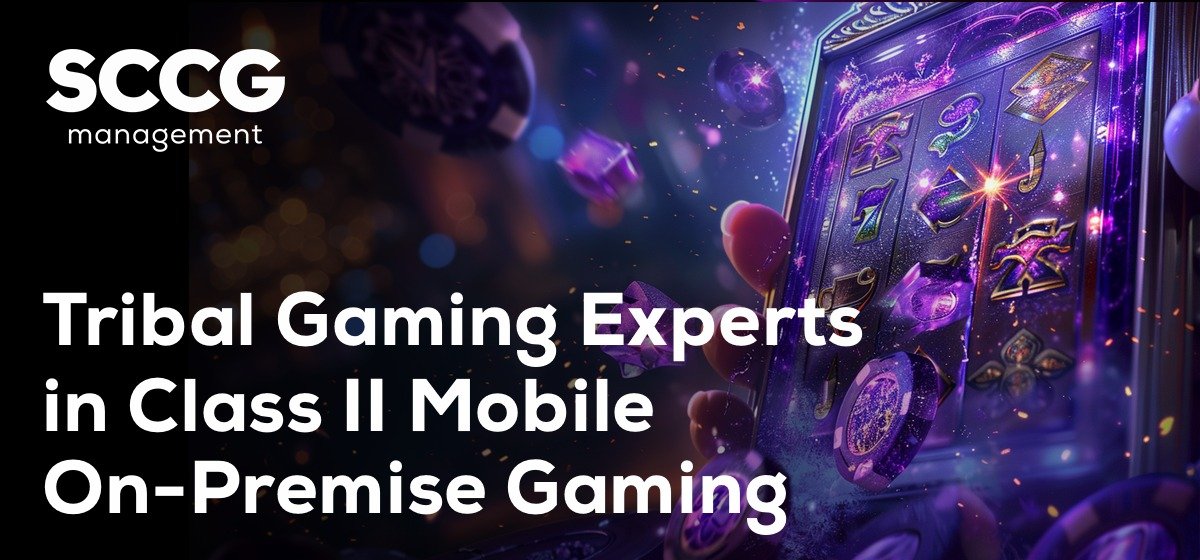
Tribal gaming in the United States is experiencing a significant transformation with the advent of mobile on-premise Class II gaming. This shift is not just technological but also strategically positions tribal gaming operators for future growth. The journey of this evolution can be better understood through key legal precedents and the regulatory framework established by the Indian Gaming Regulatory Act (IGRA).
Class II Gaming: A Distinct Category
Class II gaming, as defined by IGRA, includes games such as bingo and certain non-banked card games, differentiating it from the more traditional casino-style games of Class III. The flexibility of Class II gaming is notable; it does not require state compacts and is not subject to machine count limitations. This grants tribal operators significant autonomy to expand their gaming operations without the regulatory burdens often associated with Class III agreements.
Legal Foundations and Technological Innovations
The legal landscape for tribal gaming has been shaped by critical rulings, such as the Supreme Court’s decision in favor of the Cabazon Band of Mission Indians. This landmark case affirmed that states could not regulate tribal gaming under civil laws if such gaming was not criminally prohibited. This decision, along with the enactment of IGRA, reinforced the sovereignty of tribal nations and laid the groundwork for modern tribal gaming operations.
The introduction of mobile on-premise gaming solutions has further revolutionized the tribal gaming experience. By allowing patrons to participate in gaming directly from their mobile devices on tribal land, tribes are able to offer a more dynamic and engaging environment. This technological advancement aligns with recent approvals from the National Indian Gaming Commission (NIGC), which has embraced alternate technical standards to foster modernization.
Proxy Play and Legal Precedents
One of the pivotal issues in the evolution of Class II mobile gaming involves the concept of proxy play. This method allows a designated agent to participate in gaming on behalf of a patron, a practice that has been authorized in various jurisdictions. The federal courts have begun to address the nuances of this practice within the context of Class II gaming.
In a notable case involving Santa Ysabel Interactive, Inc. (SYI) and its Desert Rose Bingo (DRB) system, the District Court ruled that the “One Touch” gaming system used by SYI was indeed a Class II game under IGRA. This decision marked a significant milestone, confirming that modern technological aids in Class II gaming, such as proxy play, are not prohibited by IGRA.
The Role of Tribal Sovereignty
The autonomy granted to tribes under IGRA is crucial for the continued growth and innovation in tribal gaming. By allowing tribes to operate Class II gaming without the need for state compacts, IGRA empowers tribal nations to leverage their sovereign rights to enhance their gaming offerings. This legal framework supports the integration of new technologies, such as mobile on-premise gaming, which can drive significant economic benefits for tribal communities.
Future Prospects
The future of tribal gaming is promising, with mobile on-premise Class II gaming offering tribes new avenues for innovation and revenue growth. As technological advancements continue to reshape the gaming landscape, tribal operators are well-positioned to capitalize on these changes. The flexibility and autonomy provided by Class II gaming, combined with strategic legal positioning, ensure that tribal gaming will remain a vibrant and evolving sector.
This evolution is not merely about adopting new technologies but also about redefining the gaming experience to align with the cultural and economic aspirations of Native American communities. As these developments unfold, the interplay of technology, law, and tribal sovereignty will continue to shape the future trajectory of the tribal gaming industry in America.









